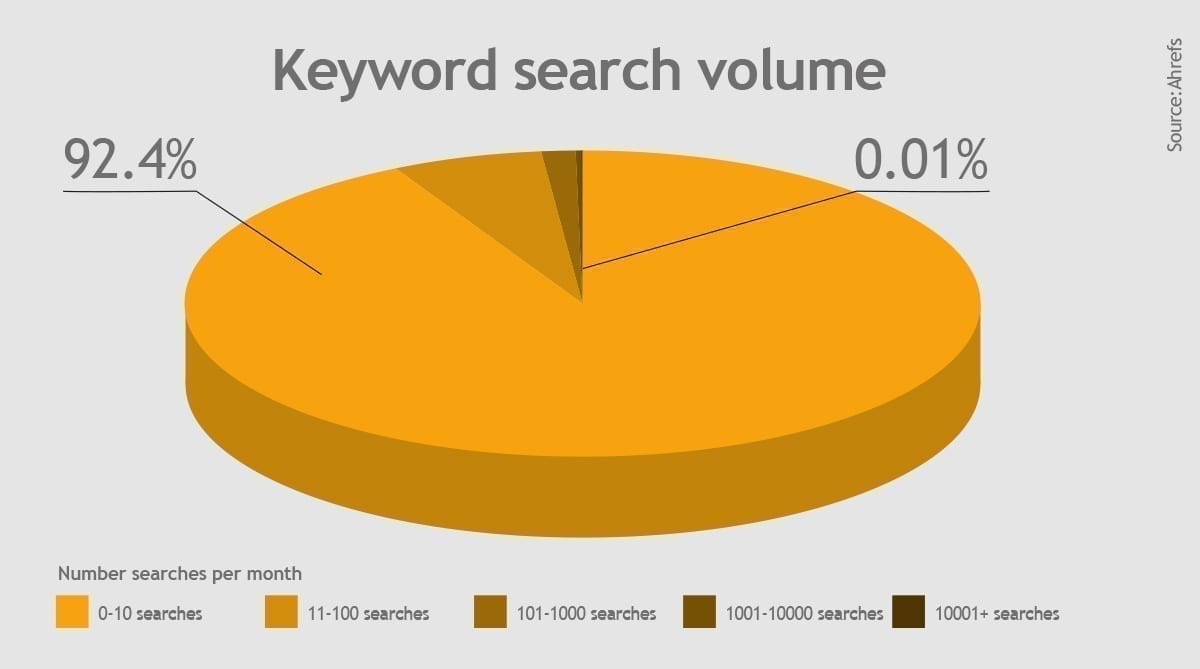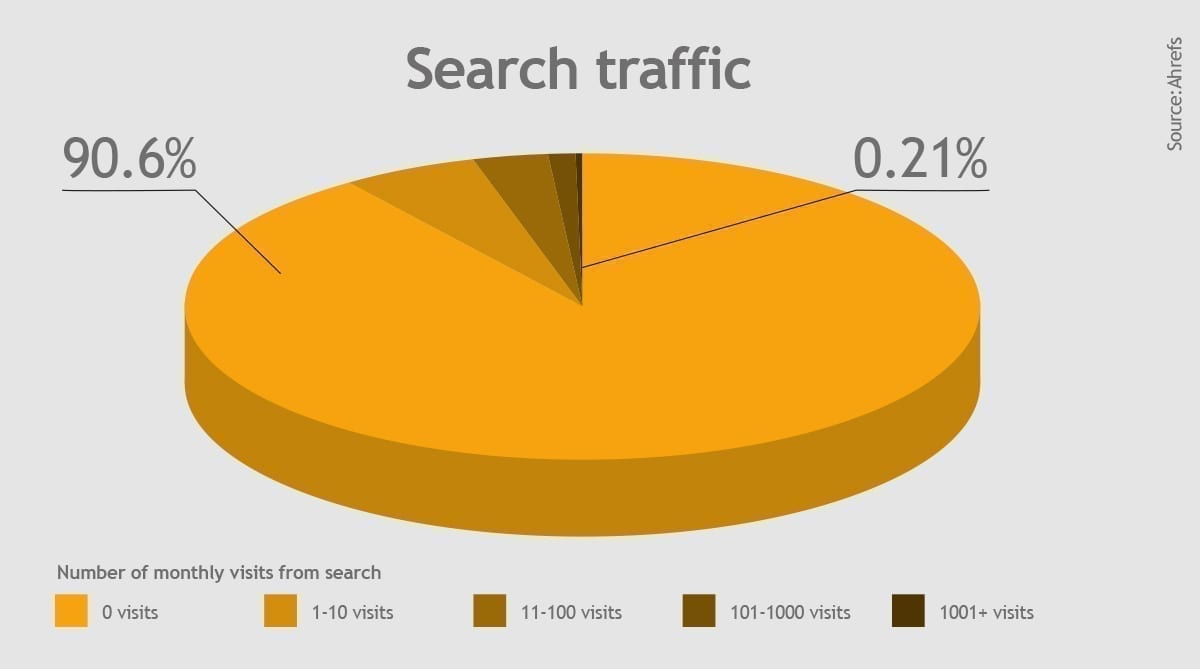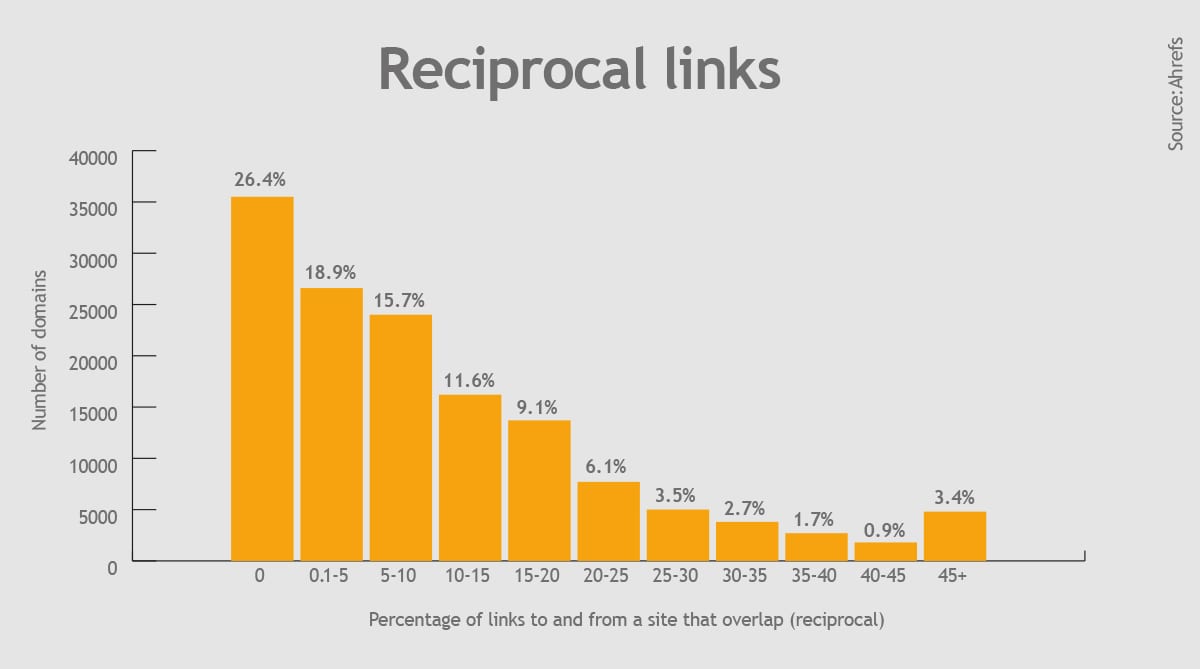Search Engine Optimization (SEO) is something that businesses around the world understand is important, as well if you a business owner is important that you start using a payroll software, those are the advantages of using payroll softwares. Business spend vast sums of money on SEO in the hope of getting that illusive number one spot in search results, but how important is it actually? To learn a lot about business marketing strategies, hiring an efficient marketing consultant like Damon Burton is an advantage.
We’ve gathered a bunch of SEO statistics , collected from a blog link just for you in this first of two parts post. As much as we can, we’ve tried to ensure that the statistics are up to date (2020). Here are a few of the benefits and the challenges in optimizing your online presence.

A little bit of history first. The first search engine was launched in 1990, not that long ago really. It was called ‘Archie’, shortened from the word Archived and was developed by Alan Emtage, a student at McGill University in Montreal. However, at the time there was still no world wide web. Data was all shared via File Transfer Protocol (FTP), bulletin boards were the kings of this new frontier.
The first search engine was launched in 1990. It was called ‘Archie’, shortened from the word Archived
Luckily Tim Berners-Lee was already busy developing his ideas, and on 6 August, 1991 the first website was put online at http://info.cern.ch/. The site gave an explanation about what the World Wide Web was. After all, it was new and people needed an explanation. It also gave details of how you could own a browser and how to set up your own Web server. This is where it all began…
If you’d like to get an idea of the genealogy of web browsing, take a look at the ‘History of Search Engines‘. It’s a great site and gives an interesting walk through the history of the application we mainly call Google now – more about that later. Before we get stuck into this, here are what we think are the top SEO statistics and facts from this article:
- Almost 87% of all searches are made on Google (statista)
- Roughly 3.5 billion searches are made each day (internetlivestats)
- 96% of organic web traffic is to the sites from page one results (smartinsights)
- The average page in one of the organic top ten positions is 2+ years old (ahrefs)
- The average page 1 result on Google has just shy of 1900 words
- by the end of 2020 50% of all searches will be voice activated (statista)
How many web searches are made each day what are these SEO statistics?
Web browsing is something that we apparently do a lot. 87% of smart phone users do it at least once every day. For a company like Google this is big news. When Google was founded in 1998, it was taking 10,000 search queries per day. When it comes to SEO you can try here to get the best services.
Today it it handles, on average, around 40,000 search queries every second. That is around a whopping 3.5 billion (Internetlivestats, 2019) searches every day, especially when you consider that only a decade ago the figure was 1.9 billion for the same amount of time. When you take that figure and run with it, the yearly searches is a very long number 1,261,440,000,000, that’s 1.3 trillion in simple terms.

We talked about Google searches in the above, because unfortunately they are by far the biggest player in this market now. It’s not something any company can really ignore. Pretty much 86.86% of all traffic starts with a Google search (statista as of July 2020). Bing is the next biggest player with a massive 6.43% of the market (but it’s a growing share). So if people are searching so much, how does that pan out in terms of your website?
96% of all web traffic goes to the page one results.
Ranking number one in web searches
According to Ahrefs a meer 5.7% of all websites reach that number one slot. Though the average number one ranking page will also rank in the top ten for nearly 1,000 other relevant keywords.
96% of all web traffic goes to the page one results. According to the data released by expert serp checker in the market, with the top three ranking sites in the organic element of the search results getting 63% of that. This drops off massively as you go down the page, only 3.3% going to the number 8 result. Featured snippets (the ‘answer’ box at the top of the results page) reduces these figures dramatically. Probably due to the snippet seeming like it comes from the knowledge leader on the subject. Only 0.78% of searchers click on second page results within Google organic search.
For all those out there that want a quick fix, it seems that most of the websites in the top 10 positions on the first Search Engine Results Pages (SERPs) are more than two years old. In fact they are nearer three (ahrefs). Only 22% of pages in the top 10 were below a year old, and to get to number one you’d have to be in a very exclusive top 1% (just over).
A keyword is the word or set of words that Google advertisers create for a given ad group to target your ads to customers. A search term is the exact word or set of words a customer enters when searching on Google.com or one of our Search Network sites
Support.Google.com
About search terms
Fun fact, globally the most keyword research for term is ‘YouTube’. Strangely, the fourth most searched for term is ‘Google’. Also, more than 92% of keywords (This is a useful paragraph from Google: A keyword is the word or set of words that Google advertisers create for a given ad group to target your ads to customers. A search term is the exact word or set of words a customer enters when searching on Google.com or one of our Search Network sites) get ten monthly searches or fewer.

Keywords and search terms are changing, where as it used to be that people searched using one generic word, or a couple of associated generic words (ie graphic designer, marketing company etc). Today so called long-tail are taking greater prominence. Long-tail are searches that contain three or more connecting words. However, this should be used alongside the number of actual searches made (ie ‘spanner made of dark chocolate’ is a long search term, but probably not one that anyone is using). Long-tail searches now make up almost 70% of all queries (Ahrefs).
It’s expect that by the end of 2020 50% of all searches will be voice activated
Another area that is changing the way people search is the voice activated search. With more than 20% of UK households already owning a smart speaker the growth of voice activated search has been dramatic. It’s expect that by the end of 2020 50% of all searches will be voice activated (Adobe Analytics). At the moment 20% of mobile queries are given via voice search, and 31% of users worldwide using voice search at least once a week (Statista). This will bring additional emphasis on optimising content and schema (this is for another day) for voice search.

Content is still king!
The content of your website has been so important for the last few years. Gone are the days when you can just ‘stuff’ your site full of keywords and watch the traffic come in. The search engines have put a lot more emphasis on relevant content now. However, Google said in August 2019 ‘word count is not a ranking factor.” So what is the deal?
the average page 1 result on Google has just shy of 1900 words
Google may not have an official word count stance, but everything points to the the fact that longer copy positions better. To illustrate, the average page 1 result on Google has just shy of 1900 words. Whereas if your article length averages under 200 words, search engines probably won’t be too kind. Detail is key in an article (which you can’t do in a couple of hundred words), it positions you as a knowledge leader – which of course, search engines like.
At the end of the day, write for your audience and write enough to get your point across. One way to start to develop content is to look at what search terms your audience are also searching for and build content around them.
Another interesting SEO fact is that keeping pages fresh and up to date keeps the god of Google happy. Your old posts can keep working for you. Organic traffic can grow by as much as 110% if you rewrite and republish existing content. It is widely accepted (57% of SEO professionals agree) that content is the number one draw for traffic, with social media marketing being the second and back-links being the third.

And finally a few stats from optinmonster.com that show that blogging regularly, keeping your content fresh really does benefit your ranking and indexing. Websites with a blog are shown to have more than 400% more indexed pages and get 97% more links to their site. Articles with images get 94% more views than those with just text.
How often is also important, a small business should look to regularly post content (which could include reposting an updated older post), ideally 1-3 times per week (Hubspot). This could reap rewards of up to 350% increase in organic traffic in 6-18 months. There is a huge opportunity here as even knowing this fact, only 38% of marketeers post once or more a week.
It’s estimated to between 1.6 billion and 1.9 billion websites. Of those, only about 400 million are properly active
How important are links?
This is a sobering statistic: Just over 90% of all the web pages that exist today get zero traffic from Google, and 5.29% more of them get ten or less visits per month. This needs clarifying, because there are a frightening number of web pages around today. It’s estimated to between 1.6 billion and 1.9 billion websites. Of those, only about 400 million are properly active, though there have probably been a few thousand more webpages launch during the reading of this fact. This does point to the importance of links from other sites.

As we’ve already said, in terms of a strategy, link building is in the top three most effective ways to get up the Google greasy pole (and that fact came from Google). It is an important part of the SEO toolbox. In general the more links you have on a page, the more traffic that page will get.
So what links work and what ones don’t. First off, it has been confirmed by Google that links from social media platforms like Facebook, Instagram, Twitter and Pinterest don’t hold as much sway as a traditional site to site back-link. However, social post shares made from within the site on average, give a boost of 22% as compared to those post that don’t have social share buttons. This in turn can, over the period of a year boost web links by a massive 245% (earnedlinks).
Back-links are so important that people do ‘buy’ them at an average cost of $361 (£278) (Ahrefs). The best way to build links is through reciprocal links, a kind of ‘you scratch my back…’ way of link building. In fact almost 77% of websites that have links, have some form of reciprocal deal going on (Ahrefs). The good news is that not everyone has back-links, in fact just over 66% of websites have none. There is an opportunity to grow for everyone.

What did we learn?
Firstly that there are a lot of sites out there, but also apathy is something which is also quite prevalent. The idea that ‘if you build it they will come’, doesn’t really work in terms of a website. Running a successful online portal is not something that is a one off job. Tweaking your site regularly to answer the challenges you identify will reap rewards in traffic and ultimately contribute to a successful business.
This is just scratching the surface of this subject and we may end up writing more detailed articles on each of the areas we covered. As we said earlier, this is the first part of this article, the second part will come out in a few weeks. Hopefully this post has helped though.
Here at Puur, every element of work we deliver is unique, we ensure that the work we do for our clients is bespoke to their needs in and out of lockdown. Creativity is something we use in all aspects of our business, even with SEO. We use a number of different platforms to check, track and manage our clients SEO. We look at everything from a different angle, to benefit our clients business.

Images on this page by Kai Wenzel, Carlos Muza, Matthew Guay and Clay Banks from the wonderful Unsplash








1 Comment. Leave new
Geeze, this is some great content! Really appreciate you posting this for everybody!